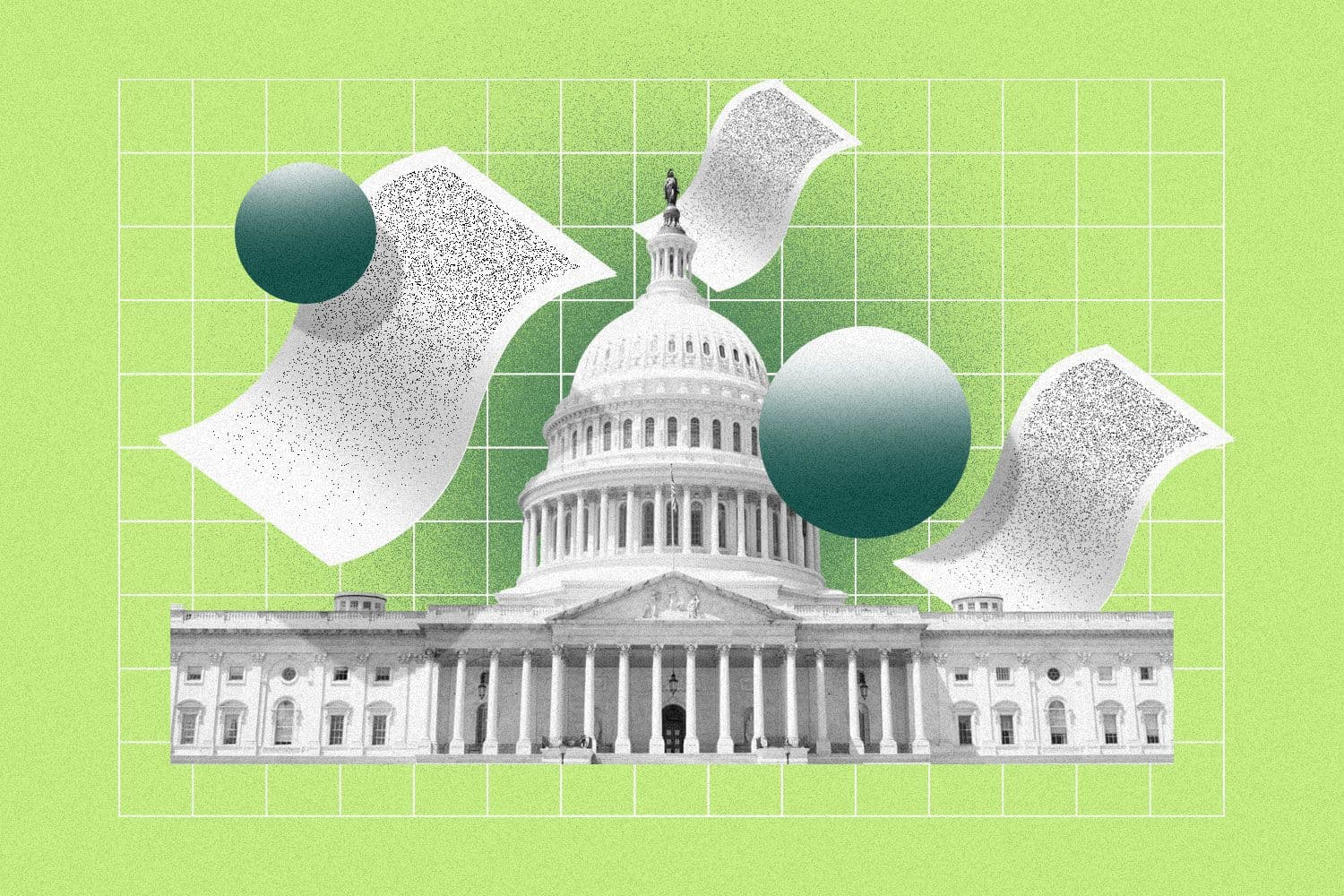Legislative lowdown: Illinois, Hawaii crack down on ‘captive audience’ meetings
A number of states already have laws on the books limiting captive audience meetings, though some are being challenged in court.

Francis Scialabba
• 3 min read
Courtney Vinopal is a senior reporter for HR Brew covering total rewards and compliance.
Illinois employees can’t be disciplined for skipping meetings hosted by their employer to discuss union organizing under a law signed by Gov. J. B. Pritzker on July 31.
The law takes aim at so-called “captive audience” meetings, which are typically held by employers during labor organizing campaigns to discuss what joining a union would mean for their workforces. While management-side attorneys say such meetings give employers an opportunity to discuss issues such as union dues or the collective bargaining process, the National Labor Relations Board (NLRB) is scrutinizing the practice, the Society for Human Resource Management reported last year. NLRB General Counsel Jennifer Abruzzo issued a memo in April 2022 indicating mandatory captive audience meetings are coercive, and thus in violation of federal labor law.
A number of states, including Connecticut, New York, and Washington, already have laws on the books limiting captive audience meetings, though some are being challenged in court.
What Illinois employers should know about the captive audience law. Under Illinois’s “Worker Freedom of Speech Act,” which takes effect Jan. 1, 2025, employers cannot “discharge, discipline, or otherwise penalize” employees that decline to attend meetings held by employers to discuss their position on “religious or political matters.” In this case, unionization would fall under the “political matters” category. Religious or political organizations—specifically those with 501(c)(4), 501(c)(5), or 501(c)(6) status—are exempt from the requirements of the law.
Quick-to-read HR news & insights
From recruiting and retention to company culture and the latest in HR tech, HR Brew delivers up-to-date industry news and tips to help HR pros stay nimble in today’s fast-changing business environment.
Employees who believe their employer has broken the law can sue within one year of when the alleged violation occurs, according to the law. Illinois’s department of labor will levy fines of $1,000 per violation to employers not abiding by the law.
Emily Dickens, SHRM’s chief of staff, head of government affairs, and corporate secretary, previously expressed concern about California’s proposed captive audience law, which is similar to the one passed by the Illinois legislature. Limiting employers’ ability to hold such meetings, Dickens suggested, could have “the unintended consequence of stifling conversations that promote civility.”
Laws like the one passed in Illinois don’t prohibit employers from organizing voluntary meetings, NPR noted. The Illinois legislation also stipulates employers can hold mandatory meetings focused on matters outside of the religious or political scope, such as those intended to prevent workplace harassment or discrimination.
Zoom out. With this law, Illinois is joining more than a dozen states that are considering or have enacted laws allowing workers to opt out of workplace speech that’s considered to be coercive, according to tracking by the Economic Policy Institute. A similar law in Hawaii went into effect on July 2.
Quick-to-read HR news & insights
From recruiting and retention to company culture and the latest in HR tech, HR Brew delivers up-to-date industry news and tips to help HR pros stay nimble in today’s fast-changing business environment.